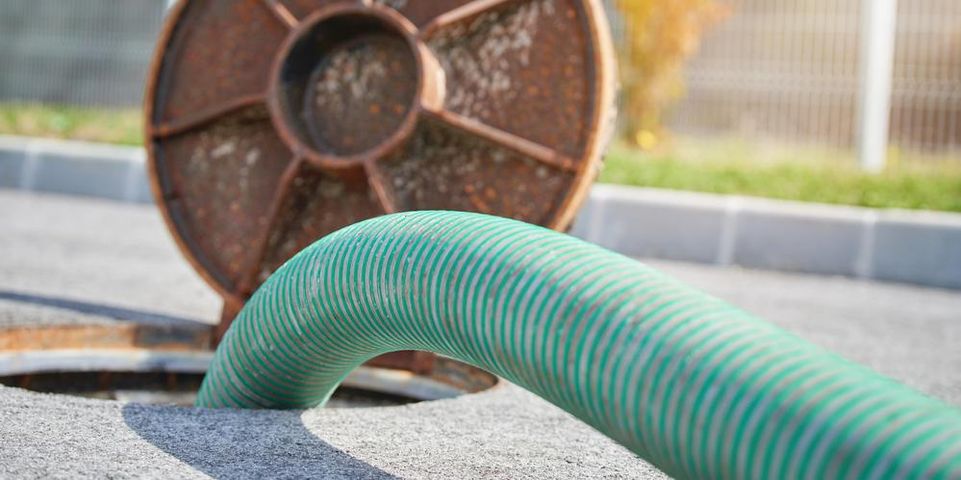4 Common Questions About Maintaining Your Septic System

For most homeowners, treating wastewater is something they’d rather not think about. While homes with a municipal water and sewer supply can largely ignore their sewer system, those with a septic system cannot. Though they require a bit more work and maintenance than city sewer connections, septic tanks are designed to last and keep your home’s plumbing running as it should. If you’ve never had a tank before, taking care of it may seem like a mystery. The team at J & J Septic & Sewer Cleaning in Waterloo, IL, wants to help. They’ve answered some of the most common questions about septic tanks so you can know what to expect.
4 Frequently Asked Questions About Septic Systems
1. How Long Will a Septic Tank Last?
Most tanks are designed to last between 20 and 30 years with regular maintenance and care. However, if the system has been neglected or was not maintained by the previous owner, it could fail sooner. The best thing to do is schedule an inspection and let an experienced septic maintenance team check the system for any signs of wear or damage. While small issues can often be repaired quickly, larger problems or gross neglect will often require the entire tank to be replaced.
2. What Can I Do to Extend the Life of the System?
 The easiest way to extend the life of any septic system is to reduce the amount of water the system has to process. Take shorter showers, run the dishwasher only when it’s full, and frequently inspect the pipes for any sign of leaks.
The easiest way to extend the life of any septic system is to reduce the amount of water the system has to process. Take shorter showers, run the dishwasher only when it’s full, and frequently inspect the pipes for any sign of leaks.
3. Will the Wastewater Damage My Water Supply?
Septic tanks are designed to treat raw sewage just as effectively as municipal water treatment facilities. When working properly, water flows from the tank to the leach field, where the soil filters out any contaminants, viruses, and bacteria from the water. Over time, the water is absorbed back into the water table, free of any potential contaminants. However, if the system is not working properly, it can damage your water quality. Scheduling routine tank cleanings will help ensure your tank is working as it should.
4. How Often Should I Schedule a Cleaning?
Under normal use, most tanks only need to be pumped out every three to five years. However, in larger households or those that put a lot of strain on the system, it may need to be pumped more frequently. To determine the best septic tank pumping schedule for your home, contact your septic pumping contractor to schedule an inspection.
Taking care of your septic system is simple as long as you schedule routine pumping appointments to prevent sludge buildup and clogs. Whether it’s been a few years since your last appointment or you can’t remember the last time the tank was cleaned out, contact J & J Septic & Sewer Cleaning. Their friendly technicians will get your tank clean in no time. Learn more online and call (618) 939-3001 to schedule an appointment today.
About the Business
Have a question? Ask the experts!
Send your question

